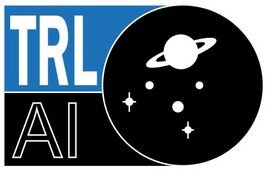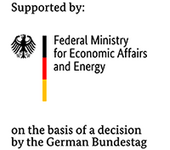In the future, new robotic concepts are needed to tackle the challenges of increasing mission durations and at the same time ever more complex robotic tasks in space. The Robotics Innovation Center of the German Center for Artificial Intelligence has identified and demonstrated in different past projects, how this challenges could be approached under lab and outdoor conditions, with a focus on walking and cooperative robots.
With regards to future participation in national or international space missions, TransGo will prepare the implementation of policies and procedures for the space qualification of above mentioned robotic technologies and their technology readiness level progression.
Technical objectives are the re-design and development of the control electronics for the robotic joints developed at DFKI RIC to achieve the next technology readiness level, the integration of a space-qualified LEON3 processor on the control electronics? FPGA and the porting of localization- and navigation algorithms to space qualifiable hardware. Scientifically, TransGo has the objectives to evaluate space qualification possibilities for up-to-date artificial intelligence methods for robotic control, and to transfer the maturity level system of TRLs to terrestrial robotic application scenarios like SAR, rehabilitation and under water robotics as well as identify scenario-specific test and proof opportunities.


